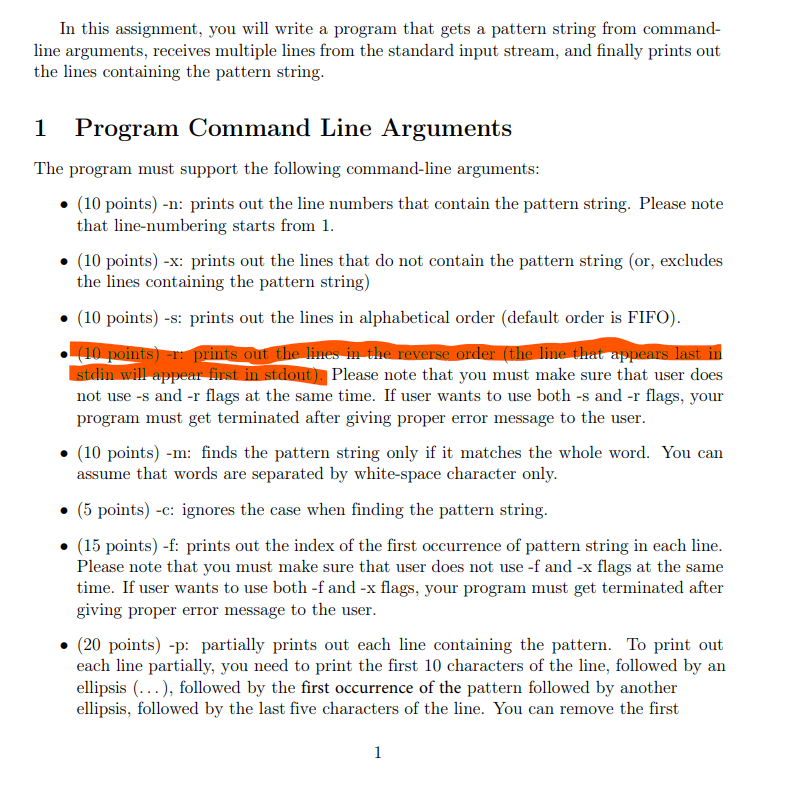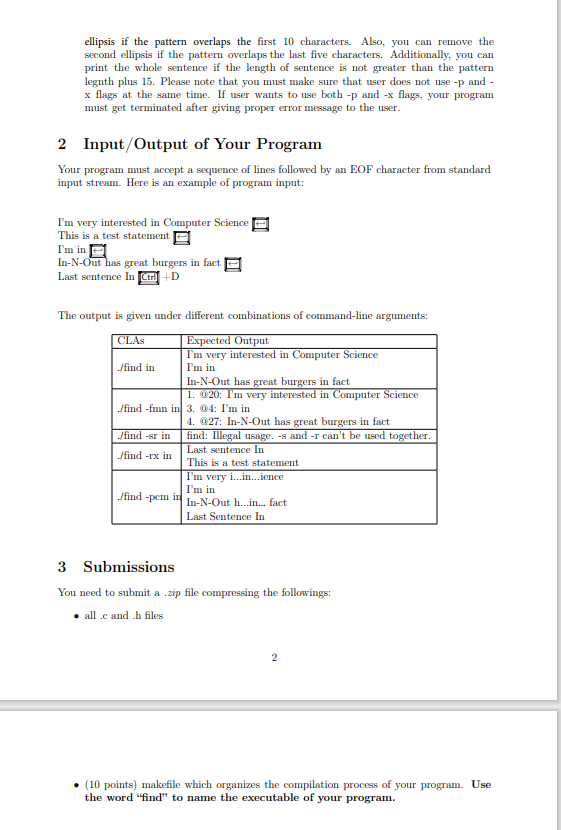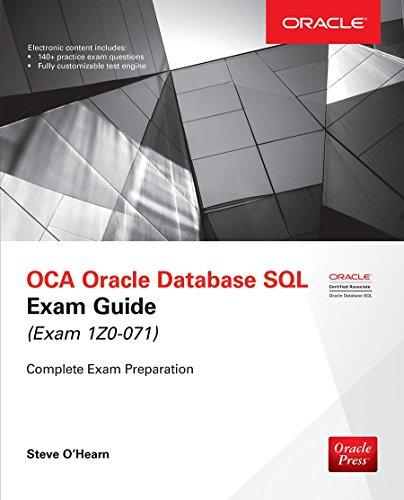Can someone help with the -r and -f command line arguments.


find.c file:
#include #include #include void swap(char* arr[], int i, int j){ void* temp = arr[i]; arr[i] = arr[j]; arr[j] = temp; } char *strstr_fully_matched(char *haystack, char *needle) { char *rv; char padded_needle[strlen(needle) + 3]; padded_needle[0] = ' '; strcpy(padded_needle + 1, needle); padded_needle[strlen(needle) + 1] = ' '; padded_needle[strlen(needle) + 2] = '\0'; if (!strncmp(haystack, padded_needle + 1, strlen(needle) + 1)) { return haystack; // needle is at the beginning } if ((rv = strstr(haystack, padded_needle)) != NULL) { return rv + 1; // needle is at the middle. } padded_needle[strlen(needle) + 1] = '\0'; if ((rv = strstr(haystack, padded_needle)) != NULL && rv[strlen(padded_needle)] == '\0') { return rv + 1; // needle is at the end. } return NULL; } void book_s_qsort(char*v[], int left, int right){ int i, last; if(left >= right) return; swap(v, left, left + (right-left)/2); last = left; for(i = left+1; i
In this assignment, you will write a program that gets a pattern string from commandline arguments, receives multiple lines from the standard input stream, and finally prints out the lines containing the pattern string. 1 Program Command Line Arguments The program must support the following command-line arguments: - (10 points) -n: prints out the line numbers that contain the pattern string. Please note that line-numbering starts from 1. - (10 points) - x : prints out the lines that do not contain the pattern string (or, excludes the lines containing the pattern string) - (10 points) -s: prints out the lines in alphabetical order (default order is FIFO). - (10 points) -r: prints out the lines in the reverse order (the line that appears last in stdin will appear first in stdout). Please note that you must make sure that user does not use -s and -r flags at the same time. If user wants to use both -s and -r flags, your program must get terminated after giving proper error message to the user. - (10 points) -m: finds the pattern string only if it matches the whole word. You can assume that words are separated by white-space character only. - (5 points) -c: ignores the case when finding the pattern string. - (15 points) -f: prints out the index of the first occurrence of pattern string in each line. Please note that you must make sure that user does not use -f and -x flags at the same time. If user wants to use both f and - x flags, your program must get terminated after giving proper error message to the user. - (20 points) -p: partially prints out each line containing the pattern. To print out each line partially, you need to print the first 10 characters of the line, followed by an ellipsis (...), followed by the first occurrence of the pattern followed by another ellipsis, followed by the last five characters of the line. You can remove the first 1 ellipsis if the pattern overlaps the first 10 characters. Also, you can remove the second ellipsis if the pattern overlaps the last five characters. Additionally, you can print the whole sentence if the length of sentence is not greater than the pattern legnth plus 15. Please note that you must make sure that user does not use p and x flags at the same time. If user wants to use both p and x flags, your program must get terminated after giving proper error message to the user. 2 Input/Output of Your Program Your program must accept a sequence of lines followed by an EOF character from standard input stream. Here is an example of program input: I'm very interested in Computer Science This is a test statement I'm in In-N-Out has great burgers in fact Last sentence In +D The output is given under different combinations of command-line arguments: 3 Submissions You need to submit a . zip file compressing the followings: - all .c and .h files 2 - (10 points) makefile which organizes the compilation process of your program. Use the word "find" to name the executable of your program








